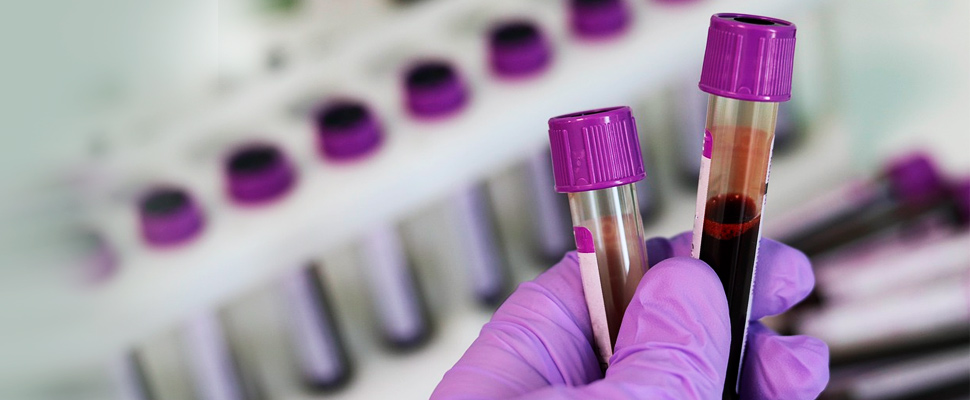Researchers develop world-first laser incubator
A team of researchers has developed the world’s first blood incubator using laser technology to prevent fatal blood transfusions in critically ill patients. It can also detect antibodies in pregnant women that can kill a foetus. The researchers from BioPRIA, based at Australia’s Monash University, together with industry partner Haemokinesis, stated that the results published […]

A team of researchers has developed the world’s first blood incubator using laser technology to prevent fatal blood transfusions in critically ill patients. It can also detect antibodies in pregnant women that can kill a foetus.
The researchers from BioPRIA, based at Australia’s Monash University, together with industry partner Haemokinesis, stated that the results published in Nature’s Scientific Reports could bring pre-transfusion testing out of the pathology lab to point-of-care, with blood incubation time slashed to just 40 seconds, compared with the industry gold standard of five minutes.
This breakthrough has the potential to improve the pre-transfusion testing of millions of patients undergoing blood transfusions across the world, especially those having major surgery, going into labour, or causalities of mass trauma and individual trauma.
The detection of immunoglobulin G (IgG) antibodies requires incubation at 37°C, often for up to 15 minutes. But current incubation technology relies on slow thermal procedures, such as heating blocks and hot-water baths.
This delay adds to pathology costs and turnaround time, which substantially affects a patient’s chance of survival.
To address this problem, BioPRIA’s blood diagnostics team developed a laser incubation model where a targeted illumination of a blood-antibody sample in a diagnostic gel card is converted into heat, via photothermal absorption.
The laser-incubator heats the 75 µL blood-antibody sample to 37°C in under 30 seconds. Most importantly, no significant damage is detected to the cells or antibodies for laser incubations of up to 15 minutes.
Dr Clare Manderson from Bioresource Processing Institute of Australia (BioPRIA), who led the study located within the Department of Chemical Engineering at Monash University, in conjunction with blood diagnostics manufacturer Haemokinesis said, laser incubation can be extremely valuable when time and accuracy are vital, especially in critical and emergency settings like mass trauma where pre-transfusion testing needs to be performed quickly in order to save lives.
For this study, researchers explored the roles of incubation time and temperature of the IgG anti-D antibody and the Rh blood group system’s D antigen, which indicates the positive or negative attributed to a person’s ABO blood type group.
Blood transfusion is a critical treatment for a variety of haematological conditions, including cancer chemotherapy, bleeding trauma, childbirth and major surgery. Transfusion reactions are common if the recipients are not currently matched.
